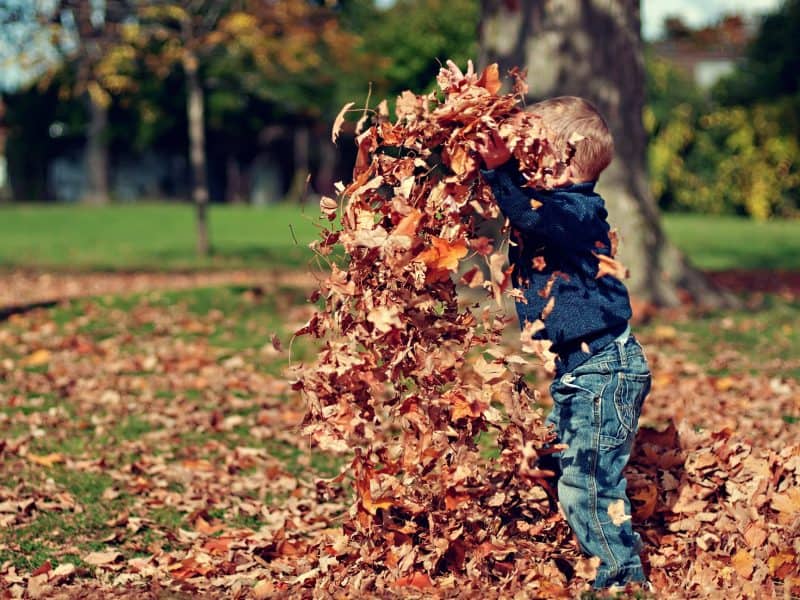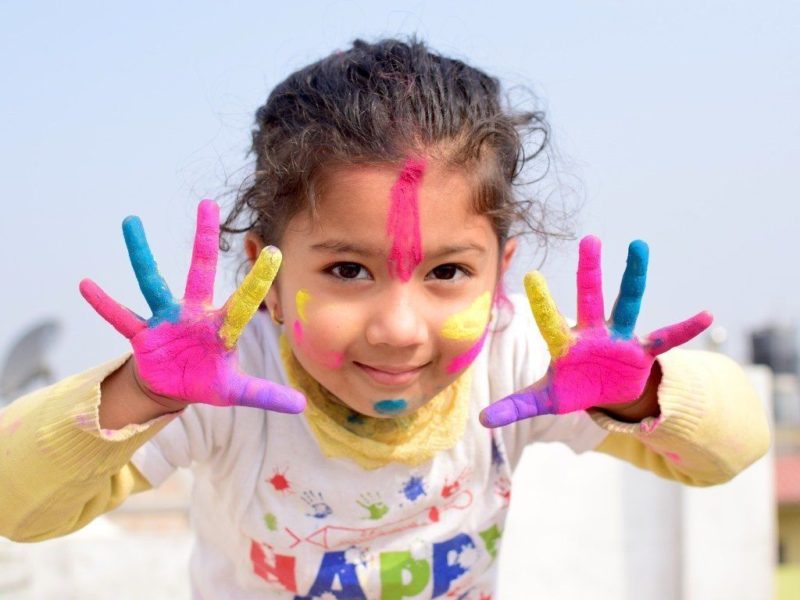Once children enter your life, life will never be the same again. It is often said that you can never go back in time, can never recapture that feeling, that perfect moment, or smell again that fragrance that enchanted you. The way you lived as a couple before children will never return, you can’t replicate that but you will change and be changed.
You will feel love that is like no other love you already experience, you will value sleep like never before, accept the invasion of your space, time and privacy with a wry resignation and you will develop such a fierce feeling of protection it may scare you. There will be many highs and some lows on this roller-coaster of parenthood, but throughout there will be the desire to protect and help.
The desire to do the best for your children comes in many forms and one of them is for their well-being and development. It is well documented that exercise, particularly outdoor exercise, is beneficial, not only to develop fitness, burn off energy and to reduce screen time but because it also provides demonstrable benefits to the development of the brain.

Brain Development
Toddlers enjoy exercise, to them it is just play. They learn so much through all their senses.
Learning to spin, tumble and re-balance, learning about touch, sound and smell. Learning to make decisions and deductions with each experience. The cortex of the brain is developing fast in early childhood and is responsible for the higher functions like decision making, planning and impulse control.
Exercise improves the blood flow to the cortex of the brain which causes the neurons of that area to grow and form more synapses and connections.
Academic Performance
Studies have shown again and again that exercise improves academic performance . We are designed to be active, not sedentary screen-starers. Exercise develops us physically and refreshes us mentally and no studies have ever shown a detrimental effect of exercise on academic performance (unless of course it completely replaces academic tuition).
Exercise was recommended to help my daughter’s dyslexia. She didn’t enjoy energetic exercise so we added a bit more pep to the things she did enjoy, long walks with the dogs, swimming and bouncing. We played impromptu games involving more energy. The dyslexia is still there, but she became happier and less stressed about it and it is hardly a problem now. And that leads to the next benefit.
Mental Health
It is often reported that nowadays children suffer from anxiety and depression more than before. There are so many pressures on children to perform well, be good, behave, and be careful that sometimes this gives rise to anxiety.
Exercise and playing sport or team games, or just following a self- directed activity is a welcome relief and also a release of energy and pent up anxiety. This applies from early years through to teenage and then adult hood. Don’t you feel refreshed after some physical activity – even if you felt tired before you started?
Improved Behaviour
Children are naturally full of energy. There is a growing culture of indoor sedentary occupations. There is no doubt that children who can run around, play actively without pressure to achieve and enjoy what they are doing are much happier as a result.
Many a parent has reported that the children fight less, are less grumpy and prone to aggression when they have been denied the TV remote control and the use of all computer games for a period. After the initial sulks and tantrums the children said that playing games and amusing themselves was “more fun”.
Increased Confidence
If you can find an activity that your child enjoys and encourage them without pressure to improve your child will gain confidence as they gain ability. They may set their own goals “I can now swim a whole length without stopping”. Some children are naturally competitive and others are not. Let them set their own levels of exercise at their own pace.
Be a facilitator not a pusher. School teachers have observed that where a parent is embarrassingly over supportive of their child’s sport or other activities the child will drop that sport or musical instrument as soon as they can. Never to partake again.
These benefits continue throughout our lives. Even into old age there are noticeable benefits to being active and expending energy. So whilst you are helping your child you are also doing yourself good.
Do you have a favourite activity that you enjoyed as a child, or enjoy now? How do you encourage your children to be active?

